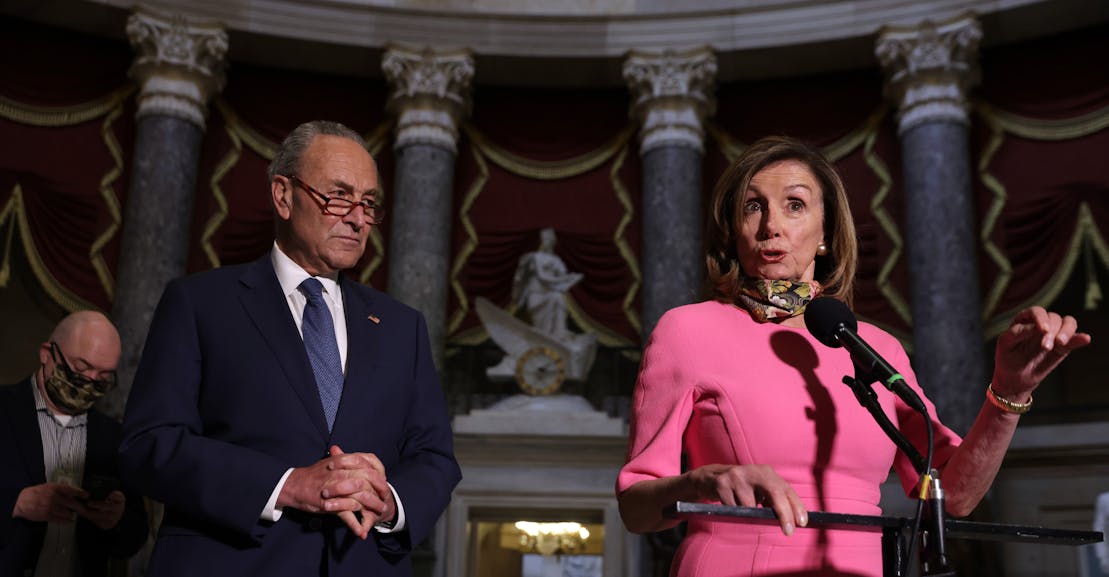On Friday night, Supreme Court Justice Ruth Bader Ginsburg’s death shocked an already reeling country. What came next, however, was sadly unsurprising. Mere hours after Ginsburg’s passing, McConnell had already affirmed that he would hold a vote for Trump’s nominee to fill the vacancy, contravening the ersatz standard he set out in 2016. Or, as Senator Chris Murphy put it, “Nobody’s word means anything in this place anymore. All that matters is raw power.” It’s a bit of a belated realization: Republicans are unafraid to use their power to achieve their desired ends. Will Democrats respond in kind?
Contrary to their own representations, Democrats do have power to wield. Whether in the House, where they hold the majority, or in the Senate, where a sizable minority and procedural maneuvers afford options, Democratic lawmakers have a few tools in their belt. No one should imagine that these are foolproof: Democrats could release every arrow in the quiver and still come up short. It is nevertheless essential that they fire off their volley in spite of that risk. Taking the shot, even and especially if they miss their mark, will only bolster the case for the structural reforms that must follow in Trump’s wake, while teaching Republicans that actions have consequences.
This course of action goes against the Democratic Party establishment’s every instinct. Throughout Trump’s tumultuous first term, Democrats have been faced with one desperately important fight after another, many of which were winnable, if not easily. With very few exceptions, they have refused to jump into the ring.
Underlying this timidity seems to be the misguided belief that voters will reward the party for its restraint. Nothing, in reality, bears this out. Republicans are eager to label even the most innocuous Democratic action partisan and to send that assertion into a conservative media ecosystem that echoes and amplifies the claim, no matter how ridiculous. Ever fearful of how they’ll be perceived if they try to exert what power they have in a maximal fashion, Democrats take refuge in the safety of inaction.
That inaction de-energizes the party’s base, which presumably put it in power to, well, govern. Indeed, to the degree that Democrats have suffered electoral consequences as a result of partisanship, it is, arguably, for not having been partisan enough. The defeats of several senior Democratic House members (and numerous other near misses) in this year’s primaries owed, in part, to a perception that these figures were not doing enough to oppose Trump (or indeed, doing too much to aid the other side).
